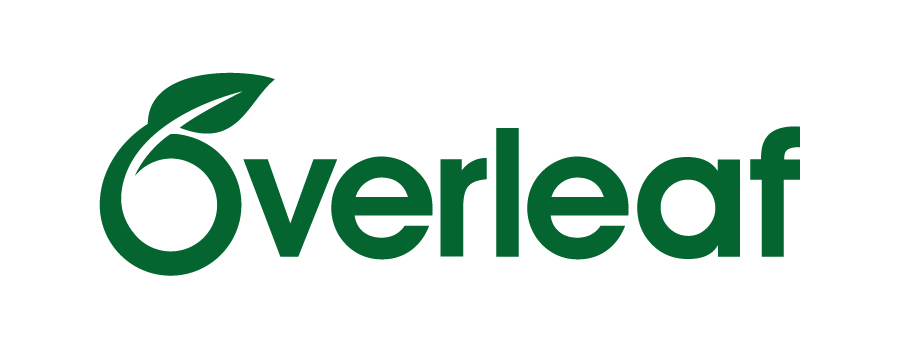Keharmonisan Keluarga, Konsep Diri, dan Perilaku Agresi di Kalangan Remaja
Abstract
Penelitian bertujuan untuk mengetahui hubungan persepsi keharmonisan keluarga, konsep diri, dan peri- laku agresi remaja. Penelitian ini menggunakan pendekatan kuantitatif dengan desain korelasional. Subjek penelitian ini berjumlah 150 siswa (dari 518 siswa sebagai populasi) siswa kelas sepuluh dari SMA Kemala Bhayangkari 3 Sidoarjo. Pengambilan data dilakukan dengan menggunakan skala persepsi keharmonisankeluarga, skala konsep diri dan skala perilaku agresi. Analisis data penelitian dilakukan dengan regresi berganda yang menunjukkan bahwa ada hubungan yang signifikan persepsi keharmonisan keluarga, konsep diri dan perilaku agresi remaja, (R2 = 0,442, p= 0,000. Selain itu hasil analisis menunjukkan korelasi variabel persepsi keharmonisan keluarga dan perilaku agresi menunjukkan hubungan negatif yang signifikan (r = -0,546, p = 0,000), sedangkan variabel konsep diri dan perilaku agresi juga menunjukkan ada hubungan negatif yang signifikan (r = -0,628, p = 0,000).
Kata kunci Keharmonisan keluarga, konsep diri, agresi, remaja
Downloads
Downloads
How to Cite
Issue
Section
License
Authors who publish with Psychological Journal: Science and Practice (PJSP) agree to the following terms:
- For all articles published in Psychological Journal: Science and Practice (PJSP), copyright is retained by the authors. Authors give permission to the publisher to announce the work with conditions. When the manuscript is accepted for publication, the authors agree to automatic transfer of the publishing right to the publisher.
- Authors retain copyright and grant the journal right of first publication with the work simultaneously licensed under a Creative Commons Attribution-ShareAlike 4.0 International License that allows others to share the work with an acknowledgment of the work's authorship and initial publication in this journal.
- Authors are able to enter into separate, additional contractual arrangements for the non-exclusive distribution of the journal's published version of the work (e.g., post it to an institutional repository or publish it in a book), with an acknowledgment of its initial publication in this journal.
- Authors are permitted and encouraged to post their work online (e.g., in institutional repositories or on their website) prior to and during the submission process, as it can lead to productive exchanges, as well as earlier and greater citation of published wor (See The Effect of Open Access).
This work is licensed under a Creative Commons Attribution-ShareAlike 4.0 International License.








